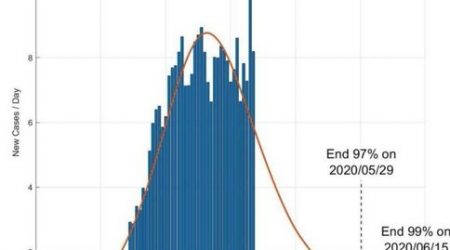This holiday, 11.5% of people plan to sit out the season by not spending anything on presents, gift cards or other items for entertaining, according to a survey by Deloitte. That’s a record amount of Americans on the sidelines, for as long as the consulting firm has been keeping track.
Deloitte found high-income households will spend five-times that of lower-income households this holiday season. The consulting firm polled 4,315 consumers about their holiday shopping plans between Sept. 7 and Sept. 14.
“This tale of two holidays is a pretty good reflection of the tale of two pandemics, right?,” said Stephen Rogers, executive director of Deloitte’s consumer industry division. “What starts off as a health crisis turns into a financial crisis if you’re in the lower-income [bracket].”
“Those of us who have investments in 401ks did quite well,” he said. “You can see from 2019 to 2021, the lower income group is spending almost half of what they used to spend. And the higher income group is almost double what they used to spend two years ago.”
Households that bring in more than $100,000 a year will shell out $2,624 a piece this holiday, up 15% from 2020, Deloitte’s survey found. While lower-income groups, which make less than $50,000 per year, plan to spend $536 per household, a 22% decline from year-ago levels.
Karthik Easwar, an associate professor at Georgetown University’s McDonough School of Business who specializes in consumer psychology, said he agrees that the pandemic’s economic impact has been stark and uneven.
For some Americans, it has meant a lost job, a lengthy furlough or added health risks as they worked on the frontlines in an hourly retail position. For Americans in white collar jobs, it simply meant a change of venue from the company office to the home office. Meanwhile, these workers socked away savings from canceled vacations, summer camps and other activities, as the value of the stocks in their retirement accounts grew.
“We all experienced the pandemic, but some experiences were very different for different parts of our society — especially our workforce,” said Easwar. “We are seeing the effects of that, still.” (Source: cnbc.com)










